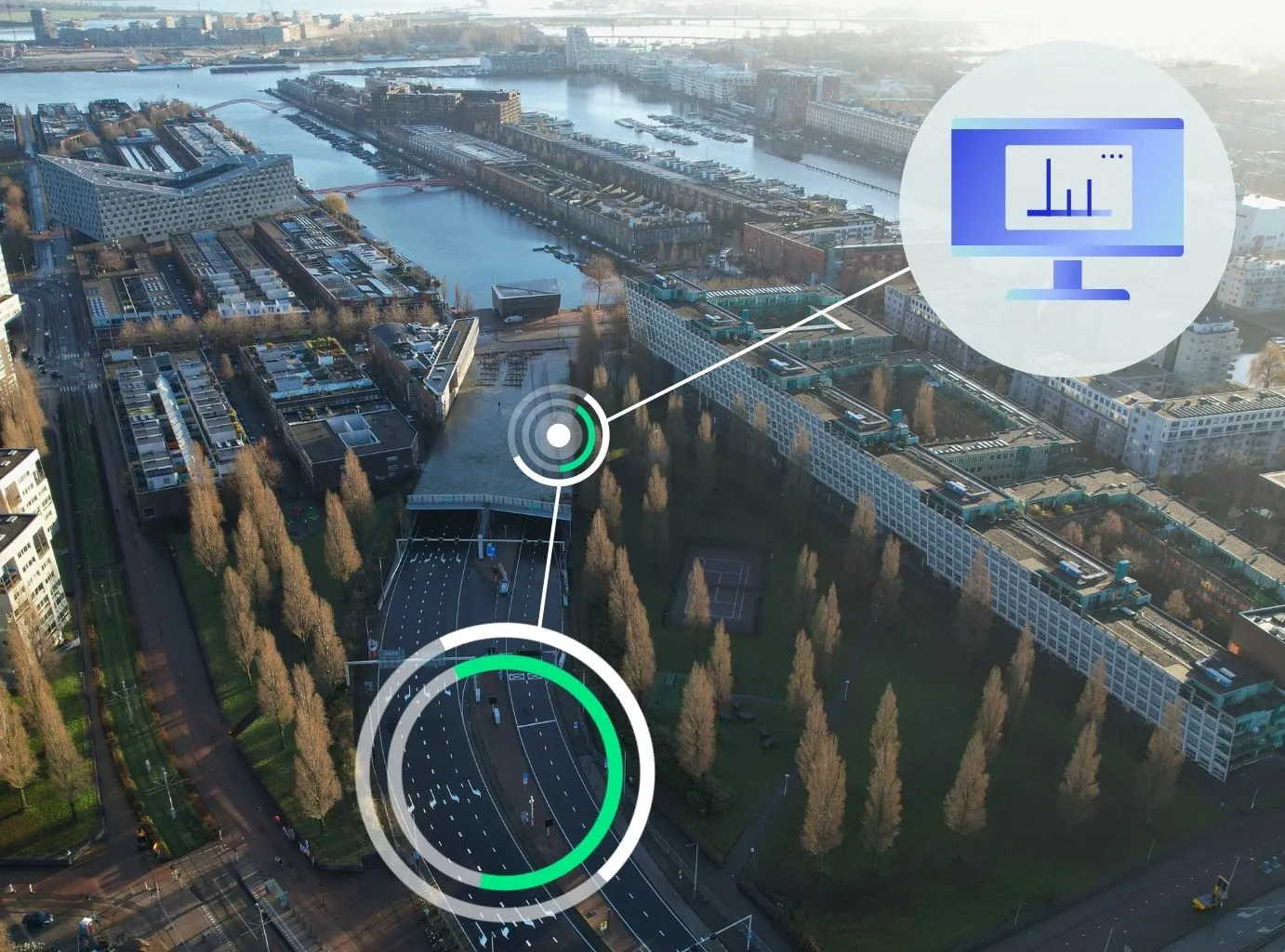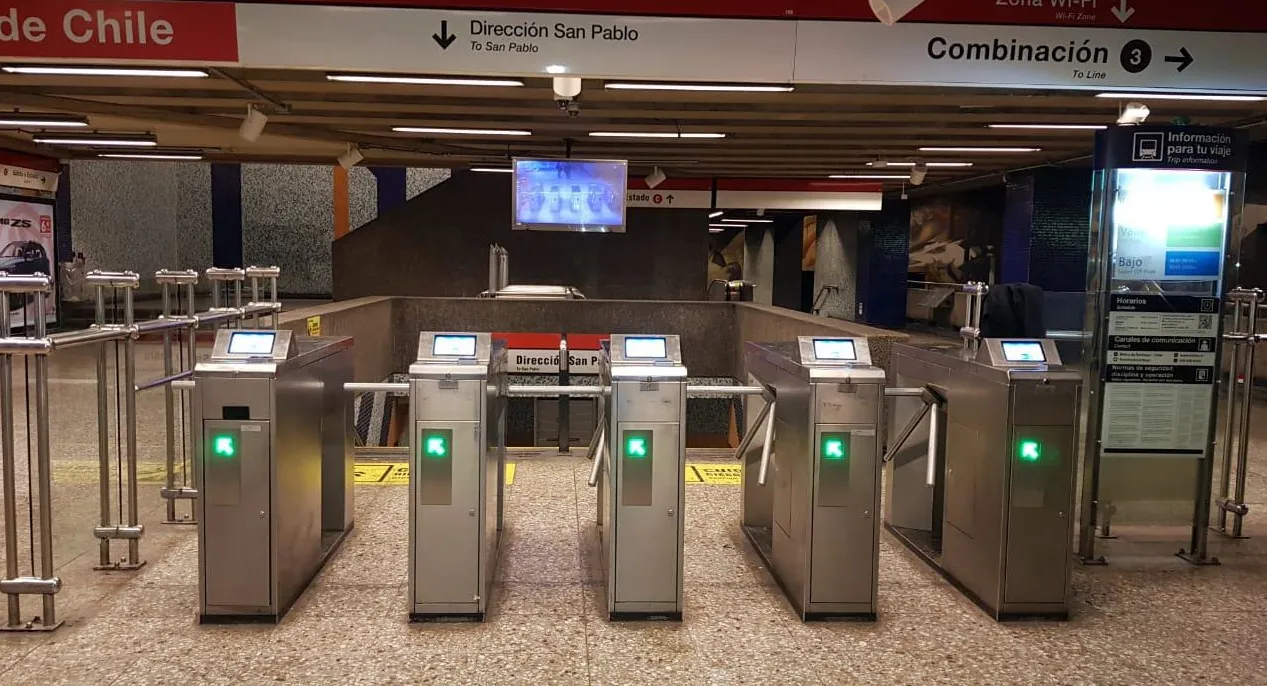
Yunex Traffic will build a tunnel operating system for the newly-built Amsterdam Traffic Control Centre in alliance with Heijmans and the Municipality of Amsterdam.
Yunex Traffic will provide the hardware and software to control and operate the tunnels Piet Heintunnel, Spaarndammertunnel, Michiel de Ruijtertunnel, Arenatunnel and IJtunnel from the control centre.
Last year, the Piet Heintunnel was renovated by the same alliance partners.
The public-private partnership agreement with the Dutch construction and technical installation business Heijmans and Amsterdam's authorities will help the city modernise, standardise and centralise the operation of its five road tunnels. Operators will be able to operate all five tunnels from one location, using a single operating protocol.
The centre consists of multiple operating desks dedicated to operating the tunnels 24/7, monitoring the city of Amsterdam's traffic bottlenecks, testing new software releases and training operators. These assets will be housed in a newly built traffic control centre at the Logistic Centre Metro that will meet all current requirements in terms of safety and ergonomics.
The alliance is responsible for the hardware and software of the control centre and creating the interfaces with the tunnels, also called the functional systems. In multidisciplinary teams, the alliance partners will design and implement the functional systems, of which the traffic management system is also a part.
“Cross-industry partnerships serve as vital engines for driving innovation in mobility management,” said Martijn Koolhoven, managing director of Yunex Traffic in the Netherlands. “The collaborative public-private venture with the Municipality of Amsterdam and Heijmans exemplifies how collective efforts can enhance traffic management.”
To ensure that the control centre can control the tunnels uniformly, the municipality is modifying several tunnels. The systems in the tunnels were developed in different periods with the technology of that time. To still get the various tunnels connected to the new traffic control centre, the municipality is preparing them one by one.
Heijmans is responsible for the hardware and software that manages and controls the audio-visual systems. Yunex is responsible for the hardware and software that controls the tunnels and makes them operable from the traffic control centre. The Municipality of Amsterdam is end-user, owner and client.
"We are happy to be able to work with Heijmans and Yunex Traffic again in this way and to bring the experience we gained together at the Piet Heintunnel into this project," said Daan Seesing, project manager for the Traffic Control Centre at the Municipality of Amsterdam.










